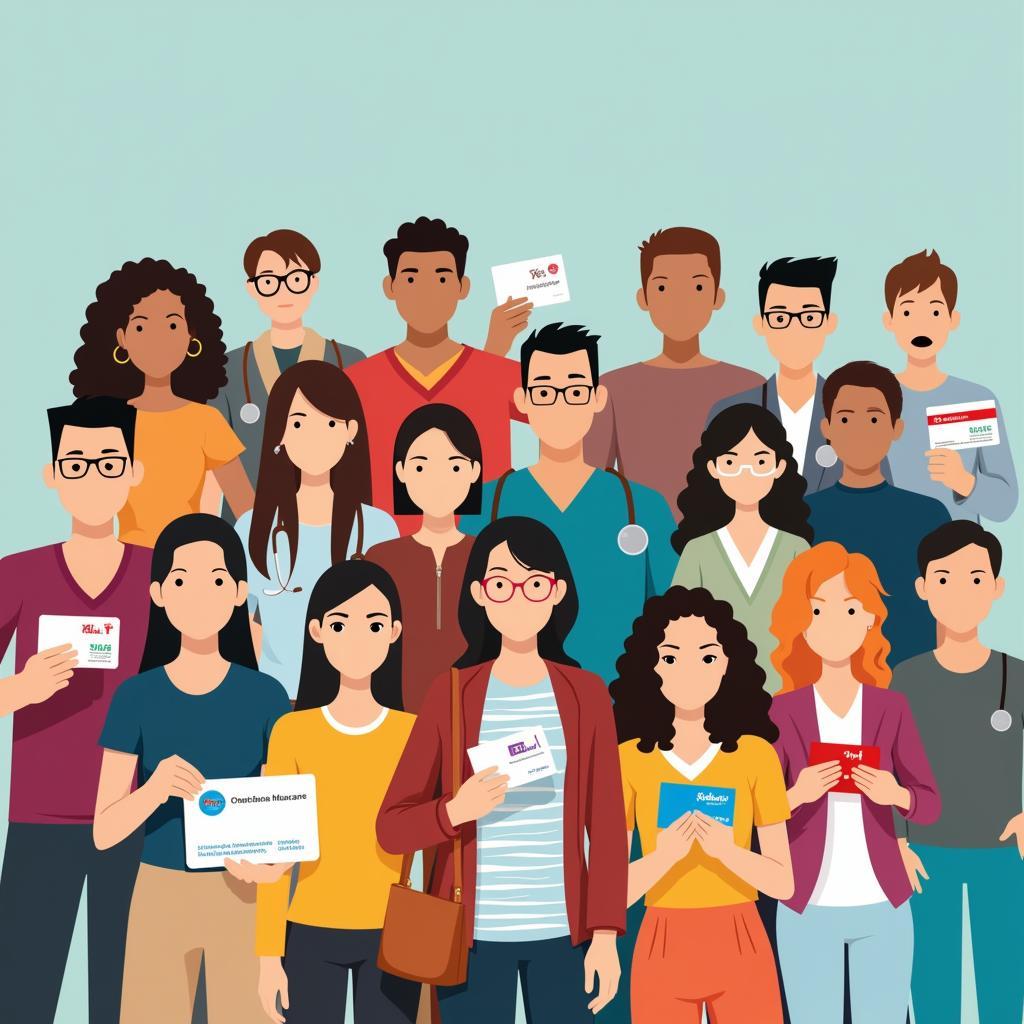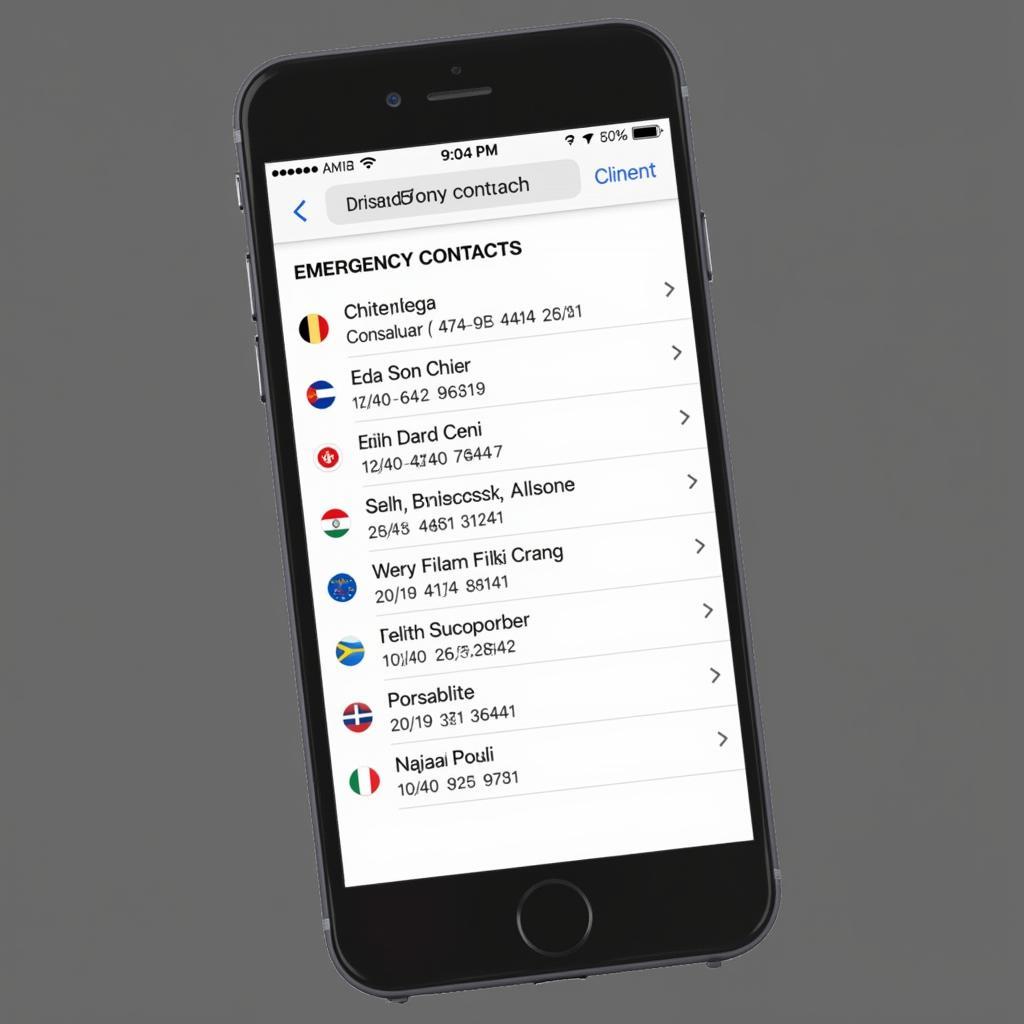For expats and travelers alike, understanding the healthcare landscape of Southeast Asia can feel like navigating a maze. One term you might come across during your research is “ASE physician.” This guide delves into what this term means, its implications for your healthcare experience, and other key things to know about seeking medical attention in the ASEAN region.
What Does “ASE Physician” Mean?
While the term “ASE physician” itself isn’t a formally recognized medical designation within Southeast Asia, it likely refers to physicians who are registered and licensed to practice within the ASEAN (Association of Southeast Asian Nations) region. This could mean they obtained their medical degree from an ASEAN country or have received accreditation that allows them to practice across different member states.
However, it’s crucial to understand that healthcare regulations and licensing procedures vary significantly across ASEAN countries. A physician licensed in one country might not automatically have the credentials to practice in another.
Finding a Reputable Physician in Southeast Asia
Whether you’re seeking routine checkups or specialized treatment, finding a trustworthy healthcare provider is paramount.
Here are some tips to help you find reliable medical professionals in Southeast Asia:
- Check for International Accreditations: Many hospitals and clinics in larger cities of Southeast Asian countries have international accreditations, such as JCI (Joint Commission International). These accreditations signify a commitment to stringent quality and safety standards.
- Utilize Online Resources: Websites and platforms specializing in medical tourism often provide directories of accredited hospitals and doctors within specific Southeast Asian countries.
- Seek Recommendations: If you’re an expat living in Southeast Asia, connecting with local communities or online forums can provide valuable insights and recommendations for healthcare providers.
- Verify Credentials: Don’t hesitate to ask about a doctor’s qualifications, experience, and licenses. Transparency is key in healthcare.
Understanding Healthcare Systems in ASEAN Countries
Navigating the diverse healthcare systems across Southeast Asia can seem daunting. Here’s a brief overview:
- Public vs. Private Healthcare: Most ASEAN nations have a two-tiered healthcare system, with both public and private options. Public healthcare tends to be more affordable but may involve longer wait times and limited access to specialized services. Private healthcare offers shorter wait times, a wider range of services, and often English-speaking medical staff but comes at a higher cost.
- Health Insurance: Having comprehensive health insurance is essential, especially for expats and travelers. Ensure your insurance plan provides adequate coverage for medical expenses, emergency evacuation, and repatriation if needed.
 Healthcare Insurance in ASEAN
Healthcare Insurance in ASEAN
Essential Tips for Your Healthcare Journey in ASEAN
- Language Barriers: While English is widely spoken in healthcare settings within major cities, having a translation app or phrasebook can be helpful, especially in more rural areas.
- Medications: If you’re on regular medication, carry a sufficient supply with you and ensure you have the necessary prescriptions and documentation.
- Vaccinations: Consult your doctor about recommended vaccinations for the specific Southeast Asian countries you’ll be visiting.
- Cultural Sensitivity: Respect local customs and traditions when interacting with healthcare professionals.
Conclusion
Finding reliable healthcare in Southeast Asia involves understanding the nuances of each country’s healthcare system. While the term “ASE physician” might not have a standardized meaning, focusing on credentials, accreditation, and seeking recommendations can help you access quality medical care throughout your travels or stay in the ASEAN region. Remember, thorough preparation and clear communication are your best allies when navigating healthcare in a foreign country.
FAQs about ASE Physicians and Healthcare in Southeast Asia
1. Do I need to speak the local language to receive medical care in Southeast Asia?
While English is widely spoken in healthcare settings in major cities, it’s advisable to have a translation app or phrasebook handy, especially in more rural areas or when dealing with specific medical terminology.
2. What should I do in case of a medical emergency in an ASEAN country?
Contact your embassy or consulate immediately and seek assistance. They can help you navigate the local healthcare system and provide necessary support.
3. Are medical costs expensive in Southeast Asia?
Medical costs can vary significantly depending on the country, the type of facility (public or private), and the complexity of treatment. It’s best to check with your insurance provider for coverage details.
 Emergency Contacts in ASEAN
Emergency Contacts in ASEAN
4. Can I use my health insurance from my home country in Southeast Asia?
Check with your insurance provider to see if your plan offers international coverage and what it entails. You might need additional travel insurance for comprehensive coverage.
5. What are some reputable hospitals in Southeast Asia for specialized treatments?
Many hospitals in Singapore, Thailand, and Malaysia are internationally recognized for their specialized medical services. You can find directories of accredited hospitals online.
Need Further Assistance?
For inquiries or support regarding healthcare resources and information in Southeast Asia, please reach out to us:
Phone: +84 369020373
Email: [email protected]
Address: Thon Ngoc Lien, Hiep Hoa, Bac Giang, Vietnam
Our dedicated team is available 24/7 to provide guidance and answer your questions.


